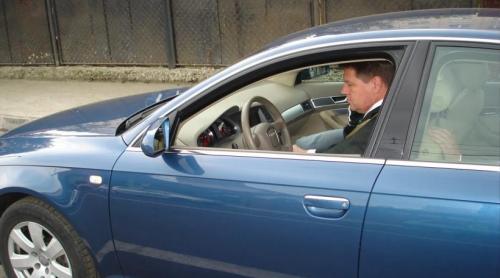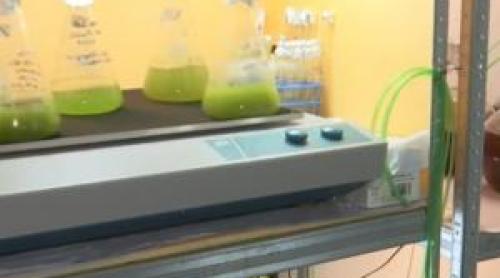
The over populated countryside is in dire need of cash because farmers have little or no access to bank credits, the prices of farm produce is kept low on the market and economic opportunities are lacking.
The over populated countryside is in dire need of cash because farmers have little or no access to bank credits, the prices of farm produce is kept low on the market and economic opportunities are lacking.
And when I stated “overpopulated countryside” I meant it: in spite of the shrinking rural population, this still stays at huge numbers, or Romania's 45% total population, as compared to 2 or 3% in developed nations.
The agriculture of the latter is pushed forward by private investments, free entrepreneurship and service companies which all combined provide a support network for the farmers. They all center on the farmers' activities with a view to keep their work profitable, or else everybody else will stand to lose.
But this is the story of regulated markets. We are still in the infancy of that, with few farmers to count and the countryside dweller still entrenched in old habits of self-suficient household economy.
The rural population is old and getting older, as those in their prime prefer to go abroad for work than stay home for an unsteady and meager income.
Those they stay exploit intensively little plots around their homes, but cannot go into doing the same on the whole land they own as the service network and the infrastructure are not there to support them.
For years, during the communist regime, we had been led to believe that the service sector was a sort of an odd sector of the economy, not to be taken seriously, when in fact post-industrial societies rely on services to take their economies further.
A simple calculus shows that had the service sector be in place to provide for the farmers, they could export produce matching the current value of Romania's entire export.
Citește pe Antena3.ro

















